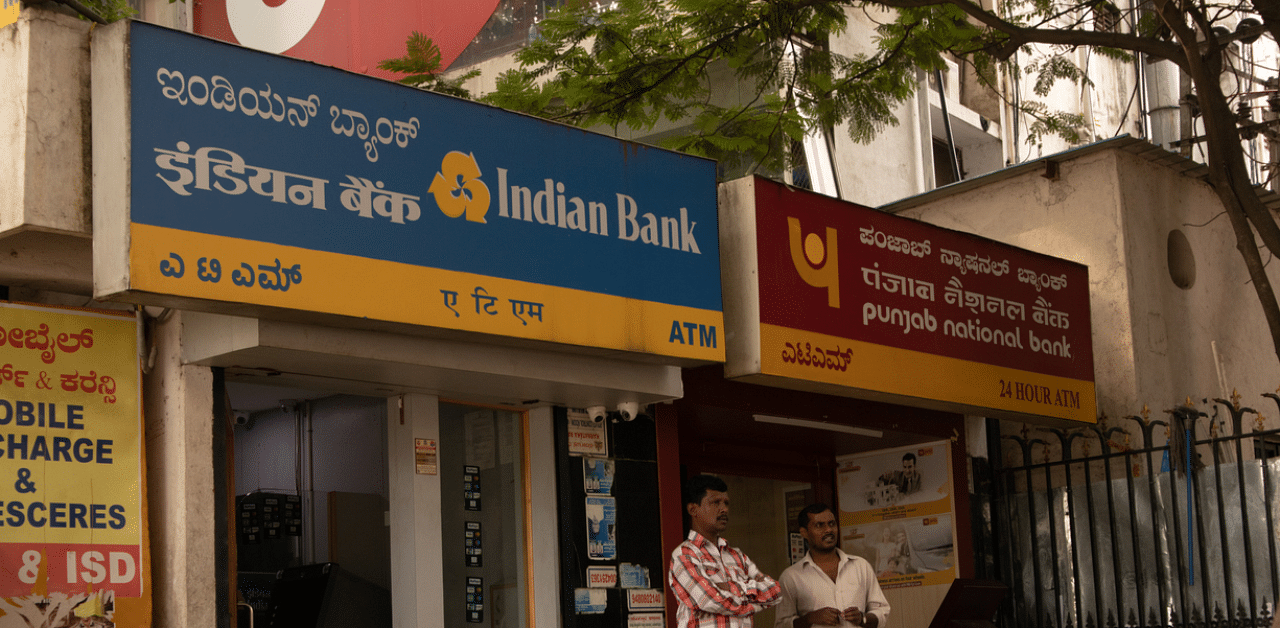
The Comptroller and Auditor General of India (CAG) has written to the finance ministry seeking details about the ongoing performance audit of government's massive recapitalisation exercise of public sector banks (PSBs).
CAG is doing performance audit on the recapitalisation of PSBs after 2016-17 and it has written a letter to the Department of Financial Services, Ministry of Finance, seeking various information, including the rationale for the distribution of capital among different PSBs, sources said.
The Government of India made capital infusion to the tune of Rs 90,000 crore in 2017-18. This rose to Rs 1.06 lakh crore in the following year. During the last financial year, the capital infusion through bonds was Rs 70,000 crore.
For the current fiscal, the government has earmarked Rs 20,000 crore for the capital infusion into the PSBs. Of this, the government allocated Rs 5,500 crore to Punjab & Sind Bank in November 2020 for meeting the regulatory requirement prescribed under the Basel III guidelines.
The audit may be going to analyse the impact of capital infusion in PSBs and how it has been able to improve the financial parameters such as Return on Assets (ROA), Return on Equity (ROE) and rate of growth of advances, sources said.
In its last report released in July 2017, CAG had pointed out some shortcomings in the distribution of capital to various banks.
It had also raised doubts over the possibility of PSU banks raising about Rs 1 lakh crore from the market by 2019.
"The rationale for the distribution of government of India capital among different PSBs was not found on record in all cases. Some banks which did not qualify for additional capital as per decided norms were infused with capital, a bank was infused with more capital than required, while others did not receive the requisite capital to meet their capital adequacy requirements," CAG had said.
The Centre infused Rs 1,18,724 crore in PSBs during 2008-09 to 2016-17. CAG had said. Of this, SBI received the maximum capital infusion of Rs 26,948 crore, which is nearly 22.7 per cent of the total capital infusion.
IDBI Bank, Central Bank of India, Indian Overseas Bank and Bank of India were also significant beneficiaries with 8.77 per cent, 8.61 per cent, 7.88 per cent and 7.80 per cent of the total capital infusion, respectively. Punjab & Sind Bank and Indian Bank received the lowest capital infusion, at 0.20 per cent and 0.24 per cent of the total funds infused.
Central Bank of India and UCO Bank were given capital in eight out of nine years under audit scrutiny while Indian Bank received capital only once, in 2014-15